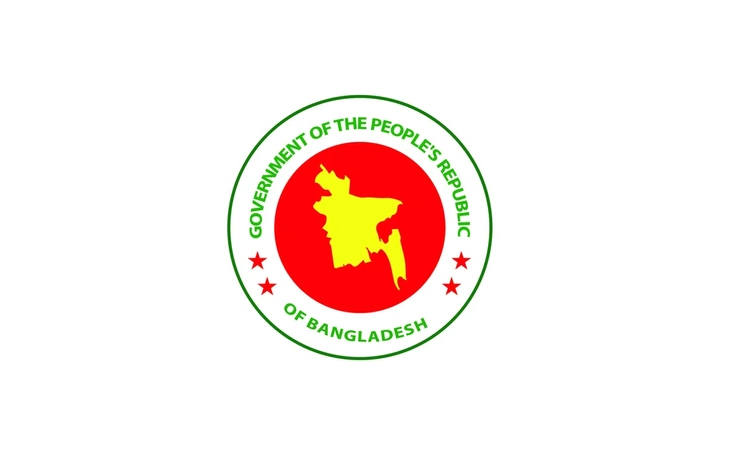News Flash

DHAKA, July 27, 2025 (BSS) - July, the first month of the current fiscal year (FY26), indicates promises for rebounding economic activity, despite ongoing challenges.
The General Economics Division (GED) of the Planning Commission, in its latest monthly economic update, has projected cautious optimism for the country's economic trajectory in the current fiscal year, highlighting both emerging positives and persistent structural challenges.
According to the GED's assessment, the first month of fiscal year 2025-2026 shows early signs of economic rebound, although growth projections remain modest due to ongoing political issues, subdued investment and industrial activity, and global headwinds - including the recent imposition of reciprocal tariffs by the United States.
Multilateral institutions have revised their forecasts downward for the current fiscal. The World Bank projects growth between 3.3% and 4.1%, while the Asian Development Bank (ADB) estimates it at 3.9%. A moderate rebound to 5.1%-5.3% is anticipated in FY2026.
The key highlights were Inflation has been declining steadily, due to a decrease in food prices. However, rice price is a cause of concern showing a continuous upward trend in recent months.
The external sector shows resilience with a significant increase in remittances and slight appreciation of taka against dollar, rebound of merchandise commodity exports.
Besides, revenue mobilization effort was hampered in June due to disruption of service resulting from ongoing reform initiative.
The report cited continued low levels of foreign direct investment (FDI), driven by eroding investor confidence, a tight fiscal space due to poor revenue mobilization, and limited public investment.
A provisional National Board of Revenue (NBR) estimate indicates a revenue shortfall, compounded in June by temporary work stoppages over the proposed restructuring of the tax authority.
The GED underscores that remittance inflows, export performance, and manufacturing growth will be key to supporting GDP.
The GED said Bangladesh's economy faces challenges, including limited reserves, strained investor confidence, shifting buyer preferences, and potential impacts from global trade tensions and geopolitical instability. Limited fiscal space due to a low level of revenue mobilization hinders expected public investments.
However, it also flags a number of threats including low reserves, changing global buyer preferences, and inflationary pressures.
Food inflation remains a key concern despite an overall easing trend. Rice prices, particularly medium and coarse varieties, surged in June - with rice alone contributing 50% to food inflation.
The report cites rising input costs, post-harvest losses, transport costs, and speculative hoarding as possible reasons, calling for urgent supply chain scrutiny.
The banking sector also continues to struggle with decelerating deposit and credit growth. Private sector credit has remained below 8% for six straight months, weighed down by inflation, tight monetary policy, and reduced import financing.
The GED said Bangladesh's external sector reflects steady performance and sound policy management, while offering clear opportunities for structural improvements and export diversification.
Overall, the relatively steady level of capital machinery imports-aside from the October anomaly-suggests consistent, albeit moderate, investment momentum.
This trend, paired with variation in total imports, points to a diversified composition of import demand in Bangladesh's external sector.
It also said that structural reforms and economic policy reorientation, focusing on innovation and stimulating investment, including FDI, are considered crucial for strengthening the economy and enhancing resilience to future shocks.